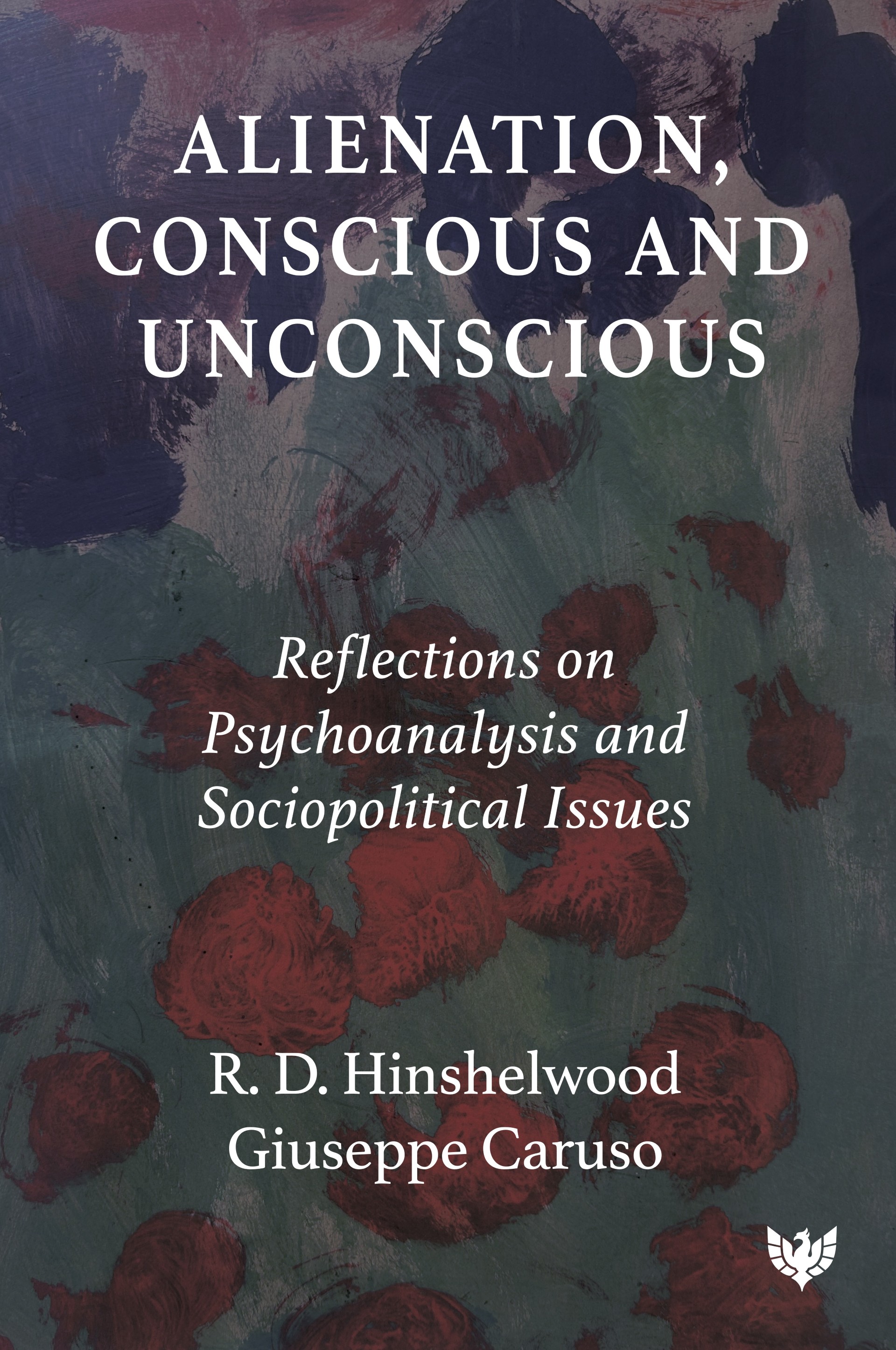Absolute Truth and Unbearable Psychic Pain: Psychoanalytic Perspectives on Concrete Experience
Part of CIPS - Boundaries of Psychoanalysis series - more in this series

Book Details
- Publisher : Routledge
- Published : 2012
- Cover : Paperback
- Pages : 176
- Category :
Psychoanalysis - Catalogue No : 28629
- ISBN 13 : 9781855757981
- ISBN 10 : 1855757982
There are currently no reviews
Be the first to review
The title of this book refers to a particular construction of the world that brooks no uncertainty: ‘things are the way I believe them to be’. There is no other way! This can be a real boost to one’s confidence – even though this conviction is based solely on our own thoughts or immediate experience. When a group or organization share a one-dimensional view of the world the sense of conviction takes the form of a rigid ideology; and all other perspectives must be eliminated.
The counterpart to concreteness, or what many refer to as desymbolized thinking/experience or thing - presentations, is more abstract thinking or “symbolization”. Symbolization refers to a process whereby we can meaningfully understand that an event can be looked at from a variety of perspectives. Symbolization makes it possible to look at things in an “as if” way rather than as “true” or absolute. It is a process where we can view our thoughts as objects of our thoughts. We self-reflect. From a psychoanalytic perspective the more desymbolized person might be considered unsuitable for psychoanalysis with its emphasis on self-reflection. The authors of this book disabuse us of this as they describe their work with patients who are prone to concrete thinking and experience. In the chapter on The Bureaucratization of thought and language in groups and organizations we view the effects of concreteness on another level of observation with its implications for the “absoluteness” of political ideologies.'
- Fred Busch, Ph.D., FIPA
Reviews and Endorsements
'This timely, thoughtful book delves into the burgeoning psychoanalytic topic of "thinking about thinking". The editor has chosen wisely in inviting a wide range of perspectives that demonstrate the excitement and complexity of integrating this essential and important task into our understanding of the therapeutic process. Reading it will be of invaluable help for the clinician who works with a broad spectrum of patients and is interested in expanding and refining treatment methods and techniques. Sophisticated and enjoyable to read, this book brings its readers to the forefront of our contemporary discourse and is a most stimulating contribution to "thinking about thinking".'
- Fred Busch, PhD, FIPA
'For people who are willing to work with patients who experience their feelings on a concrete (or desymbolised) level and who can be very inaccessible to an analyst's attempts to reach them, this book is a very positive and encouraging statement about what work can be done. With incredibly sensitive and open discourse, each chapter reveals how, using many different aspects of one's self and not being put off by the long time it takes to reach such patients, one can eventually get to the underlying unbearable psyche pain that leads to concrete thinking. Rather than believing that these patients aren't capable of "analytic work", these analysts over time help their patients to transform concrete thinking to higher level abstract and symbolic thought and show how trauma can be eventually worked through. Congratulations to Allan Frosch and his group of excellent contributors for such an encouraging and important book.'
- Carolyn Ellman, PhD, FIPA
'This volume is a highly thoughtful, informative resource of cumulative and creative psychoanalytic thought. The title speaks for itself: Absolute Truth and Unbearable Psychic Pain is the psychoanalytic translation of a stubborn and persistent clinical phenomenon into the language of dynamic conflictual thought. Hence this is a veritable laboratory of clinical wisdom in status nascendi. Every chapter contains a common message. Each gives a documentation and affirmation that a "miraculous" abstraction can arise in the course of analytic treatment. Each chapter is also unique in that it offers distinct accounts of patients with varying clinical challenges, selective use of technique, "what to listen for" and whether or how to interpret. Each chapter needs to be read, it needs to be absorbed, and hence the book should be read in its entirety.'
- Norbert Freedman, PhD, FIPA
About the Editor(s)
Allan Frosch, PhD, FIPA, is a training analyst and supervisor at the Institute for Psychoanalytic Research and Training (IPTAR) where he is also on the faculty. He is the author of a number of psychoanalytic articles and is twice past president of IPTAR, former dean of training, and former co-director of the IPTAR Clinical Center. Dr Frosch is also on the faculty at the Institute for Psychoanalytic Education (NYU Medical Center).
Customer Reviews
Our customers have not yet reviewed this title. Be the first add your own review for this title.
You may also like
Alienation, Conscious and Unconscious: Reflections on Psychoanalysis and...
R.D. Hinshelwood
Price £34.19
save £3.80
Ordinary People and Extra-ordinary Protections: A Post-Kleinian Approach to the...
Judith L. Mitrani
Price £41.99







